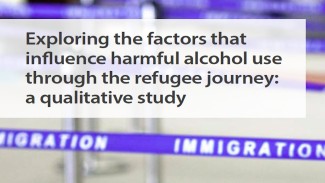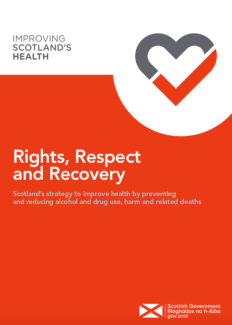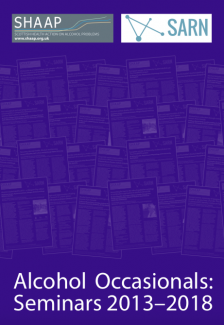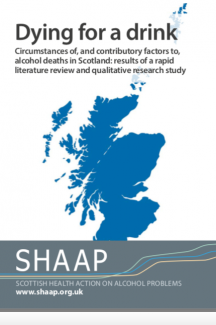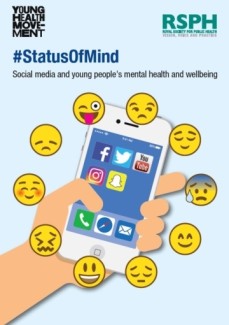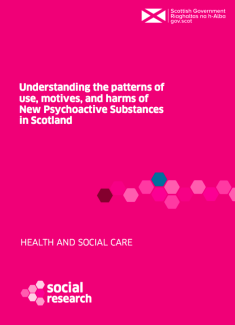Search
Alcohol and suicide
Drinking alcohol can increase someone's risk of dying by suicide. This is connected to both the impact of long-term alcohol use and the immediate effects of drinking.
Samaritans and Suicide Prevention Consortium have conducted research...
DECCA Big Guides
Exploring the Factors that Influence Harmful Alcohol Use Through the Refugee Journey: A Qualitative Study
This report from Scottish Health Action on Alcohol Problems (SHAAP) and the University of Edinburgh School of Health in Social Science explores the factors influencing harmful alcohol use through the refugee journey.
Drawing on interviews...
UK Parents' Drinking Negatively Affects Over a Third of Children
The physical and psychological harm caused by heavy alcohol consumption to the individual drinking is often clear. What is often less obvious, is the damage an individuals alcohol consumption can have to the people around them.
A recent...
Depression and Binge-drinking among Military Spouses and Partner
It is recognised that harmful alcohol consumption is more common amongst those who have served in the UK armed forces.
However this is not just an issue for the individual who has served in the army. In a recent study conducted by...
Rights, Respect and Recovery: Scotland's Alcohol and Drug Treatment Strategy
The Scottish Government has released the new Alcohol and Drugs Strategy, which aims to improve health by preventing and reducing alcohol and drug use, harm and related deaths. There were a record 934 drugs-related deaths in Scotland in 2017...
Alcohol Occasionals: Seminars 2013–2018
Almost a fifth more alcohol is sold per adult in Scotland than in England and Wales. It is believed 1 in 4 people drink at hazardous or harmful levels and in 2016 alone there were over 1,200 alcohol-related deaths in Scotland.
Scottish...
Dying for a Drink
Scottish Health Action on Alcohol Problems (SHAAP) has published its latest report, ‘Dying for a drink’.
Scottish people tend to consume more alcohol than people in England and Wales. Alcohol is a harmful substance and, consumed in excess...
#StatusofMind: Social Media and Young People's Mental Health and Wellbeing
KEY POINTS
- 91% of 16-24 year olds use the internet for social networking
- Social media has been described as more addictive than cigarettes and alcohol
- Rates of anxiety and depression in young people have risen 70% in the past 25 years ...
Scotland and New Psychoactive Substances
A collaborative research project geared towards understanding the patterns of use, motives and harms of New Psychoactive Substances (NPS) - commonly referred to as ‘Legal Highs’ - in Scotland has recently published its findings. Amongst the...
Mental Health and Substance Use: Prevention Guidelines for the Classroom
Mentor ADEPIS has recently released a detailed publication that aims to provide those working within the school setting with practical guidelines for helping to prevent children and young people from developing mental health issues as a...
Share the Knowledge: ISSUP members can post in the Knowledge Share – Sign in or become a member

